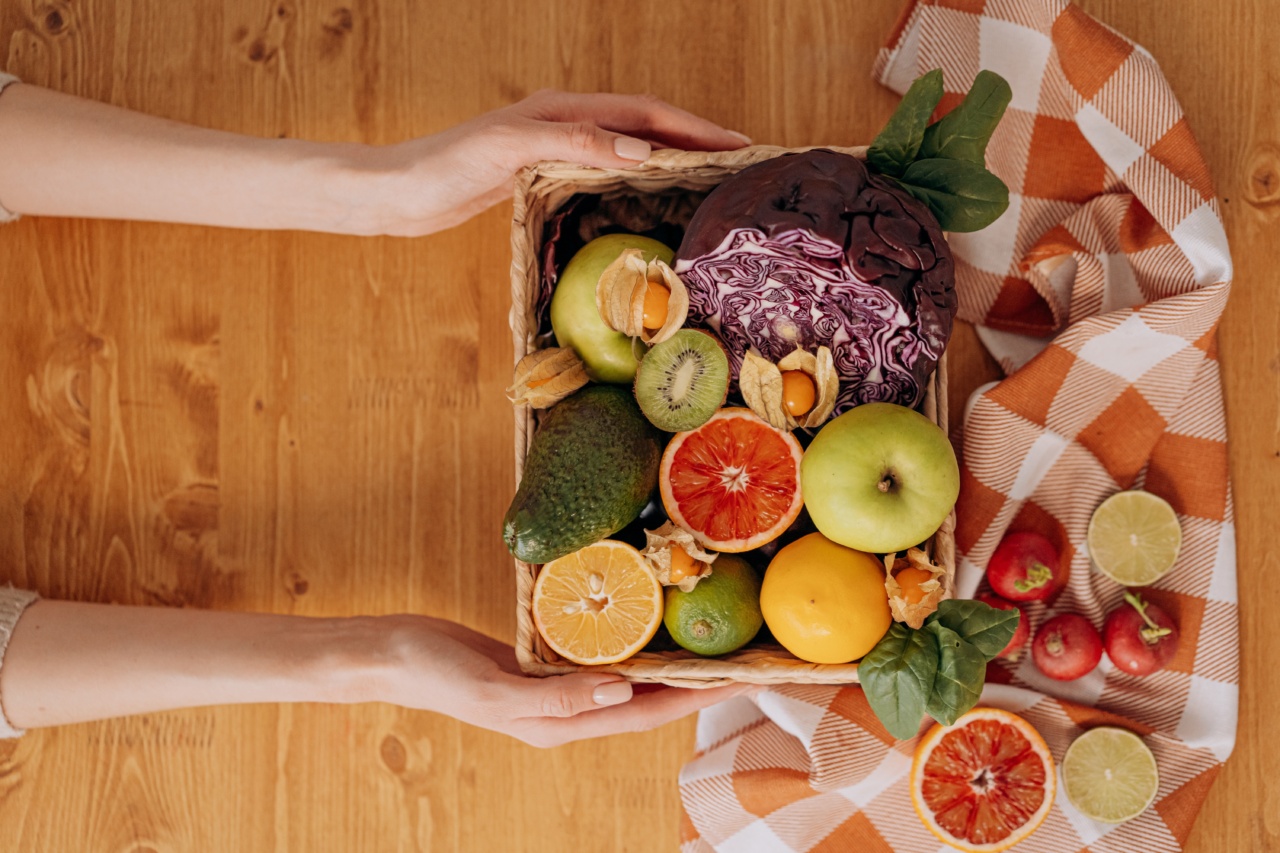When you stroll through the aisles of your local supermarket, have you ever stopped to think about what your choices say about your overall health? It turns out that the contents of your shopping cart can reveal a great deal about your eating habits, lifestyle, and potential health issues. Let’s take a closer look at what your supermarket basket might say about your health.
1. Fresh Fruits and Vegetables: A Healthy Choice
If your shopping cart is filled with an abundance of fresh fruits and vegetables, congratulations! This suggests that you prioritize a healthy diet and are conscious about your health.
Fruits and vegetables are rich in essential vitamins, minerals, and antioxidants, which help maintain a strong immune system and reduce the risk of chronic diseases, such as heart disease and cancer.
2. Lean Protein Sources: A Balanced Approach
If you frequently opt for lean protein sources like chicken, turkey, fish, and tofu, it indicates that you are making an effort to maintain a balanced diet. Protein is crucial for muscle repair, growth, and overall body function.
Additionally, choosing lean protein sources suggests that you are mindful of reducing your intake of saturated fats often found in processed meats.
3. Whole Grain Products: Prioritizing Nutrient-Rich Foods
When your supermarket basket consists of whole grain products, such as whole wheat bread, oats, quinoa, and brown rice, it signifies that you understand the importance of adequate fiber intake and nutrient-rich foods.
Whole grains are packed with fiber, vitamins, and minerals that promote digestive health, regulate blood sugar levels, and decrease the risk of heart disease.
4. Sugar-Laden Treats: Watch Out for Hidden Sugars
If your cart is filled with sugary treats like sodas, candies, cookies, and sweetened cereals, it may indicate that you have a preference for indulgent and highly processed foods.
Consuming excessive added sugars can lead to weight gain, tooth decay, inflammation, and even an increased risk of developing chronic conditions, such as diabetes and cardiovascular diseases.
5. Processed and Packaged Foods: A Convenience Over Health Approach
When your supermarket basket is overwhelmed with highly processed and packaged foods like frozen dinners, instant noodles, and pre-packaged snacks, it suggests that convenience often takes priority over health in your food choices.
Such foods are generally high in unhealthy fats, sodium, and additives, which can lead to weight gain, high blood pressure, and an increased risk of chronic diseases.
6. High Sodium Choices: Be Mindful of Salt Intake
If your cart is filled with salty snacks, canned soups, and processed meats, it suggests that you may be consuming an excessive amount of sodium.
Consuming high levels of sodium can contribute to water retention, high blood pressure, and an increased risk of heart disease and stroke. It is essential to be mindful of your salt intake and opt for low-sodium alternatives whenever possible.
7. Colorful Variety: Embracing Nutritional Diversity
When you have a colorful assortment of fruits, vegetables, and whole foods in your shopping cart, it signifies that you are embracing a diverse and nutritious diet.
Different colors in fruits and vegetables indicate different phytochemicals, antioxidants, and nutrients, which provide various health benefits. By incorporating a wide range of colors into your diet, you boost your nutrient intake and promote optimal health.
8. Organic and Locally Sourced: A Conscious Choice
If your supermarket basket predominantly contains organic produce and locally sourced products, it suggests that you are conscious of the food you consume and its impact on the environment.
Organic foods are grown without synthetic pesticides and genetically modified organisms, minimizing exposure to potentially harmful chemicals. Additionally, opting for local produce supports local farmers and reduces the carbon footprint associated with long-distance transportation.
9. Lack of Fresh Foods: Underlying Health Concerns
When your cart lacks fresh foods, such as fruits, vegetables, and lean proteins, it may indicate an underlying health concern or a lack of nutritional awareness.
A diet devoid of fresh foods can lead to nutrient deficiencies, increased reliance on processed foods, and a higher likelihood of developing chronic health conditions. It is crucial to seek guidance from a healthcare professional or registered dietitian to address any potential health concerns.
10. Frozen Fruits and Vegetables: Practical and Nutritious
If your shopping cart includes frozen fruits and vegetables, it demonstrates a practical approach to maintaining a healthy diet.
Frozen produce is often just as nutritious as fresh options, as they are picked at peak ripeness and instantly flash-frozen to retain their nutritional value. These items can be a convenient solution to ensure you always have plenty of fruits and vegetables available, even when fresh ones may not be readily accessible.
Conclusion
Next time you find yourself wandering the aisles of your supermarket, take a moment to reflect on the contents of your shopping cart. Your choices offer valuable insights into your lifestyle, eating habits, and overall health.
Remember, small changes in your shopping habits can have a significant impact on your well-being. Prioritize fresh, whole foods, limit processed and sugary items, and listen to what your supermarket basket is telling you about your health.































